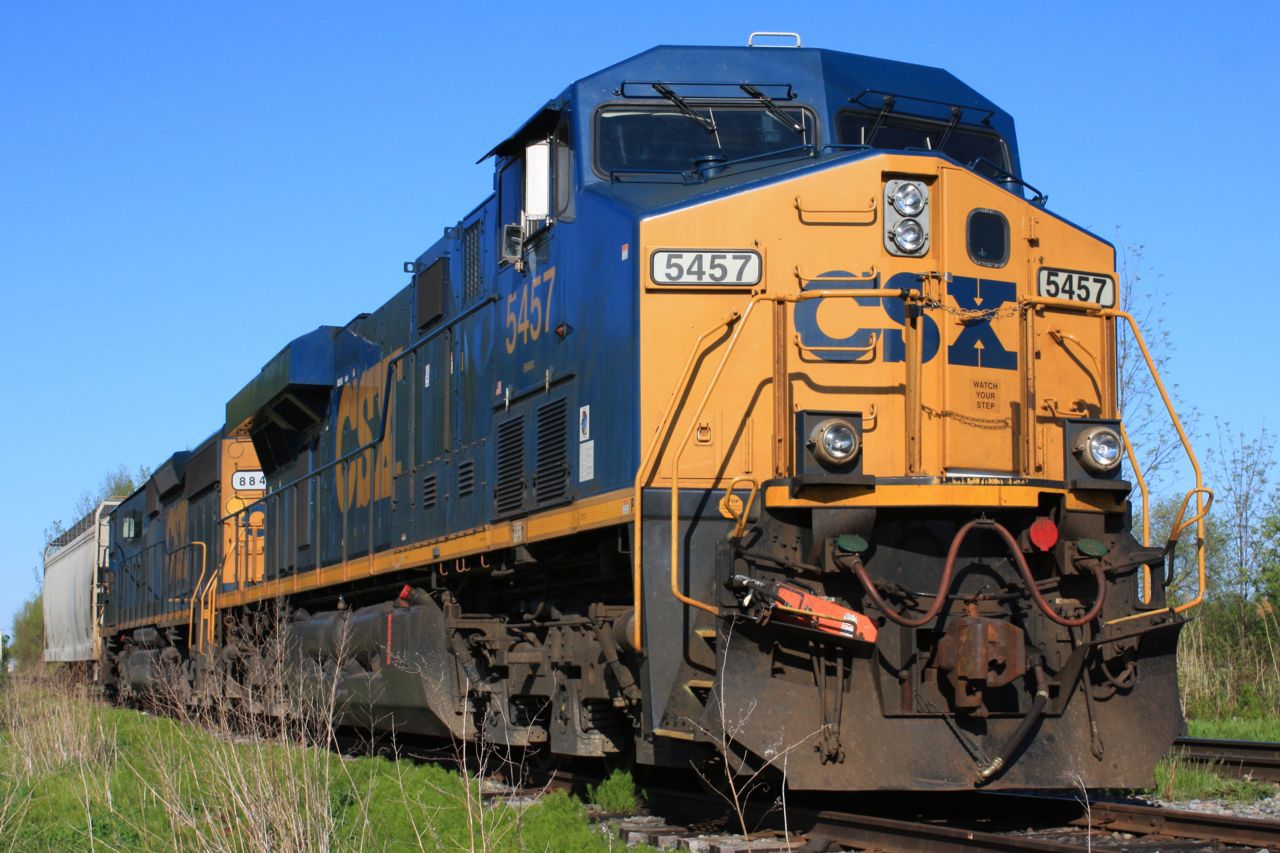The U.S. risks more fiery train and pipeline accidents in the future if it does not quickly pass new regulations governing the transportation of oil and gas, according to the Government Accountability Office (GAO).
A new report by the GAO stated that without timely action to deal with safety risks that are presented by higher levels of transport of oil and gas by rail and by pipeline, more accidents will occur.
The GAO study looked at the safety of moving oil by train and also at a growing network of pipelines that largely carry natural gas. Both have been covered in NBC News investigations in recent months. GAO has determined that the US Department of Transportation is not keeping up with the changes in the oil and gas transportation industry.
Oil and gas production has increased five times from 2007-12, which has largely been due to advances in hydraulic fracturing, better known as fracking. Large volumes of oil and gas have outstripped the ability of the current pipeline infrastructure to deal with them. So, oil producers are shipping more oil by train, with more than 400,000 carloads of oil running on lines in North America in 2013. But a number of serious train accidents have raised concerns about these oil trains.

One derailment occurred in Lynchburg, Virginia in April, and a very serious derailment and explosion occurred in Quebec in 2013, killing 50 people.
NBC News has found that US regulators knew that these tank cars were vulnerable, but little was done due to the cost of replacing them.
DOT has now issued proposed rules to improve the construction of oil tankers. But the GAO stated in its findings that safety improvements will need to be extended to testing the ingredients in the oil, which in some cases can be especially flammable.